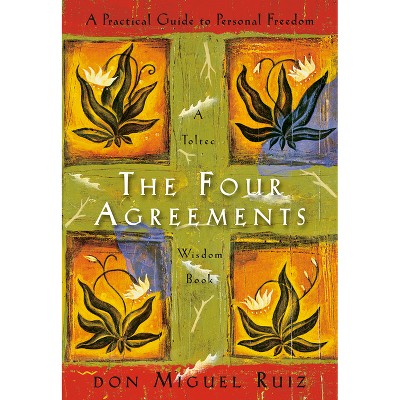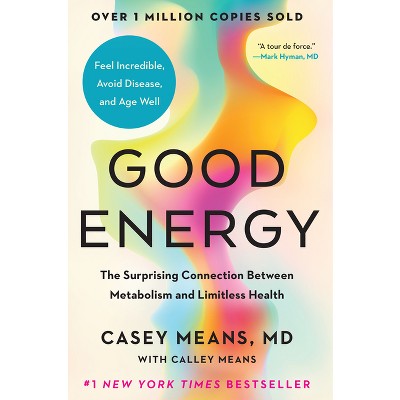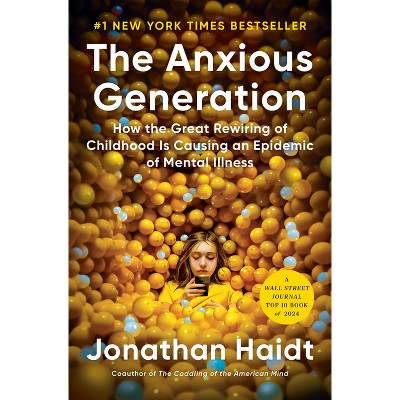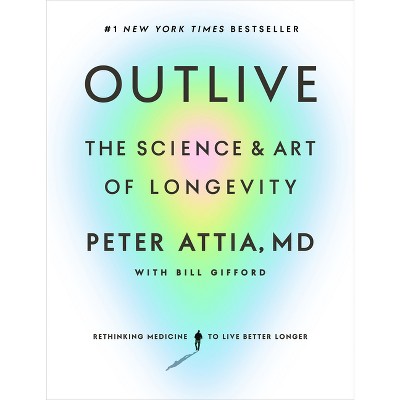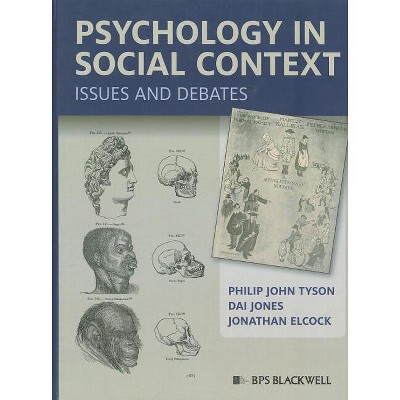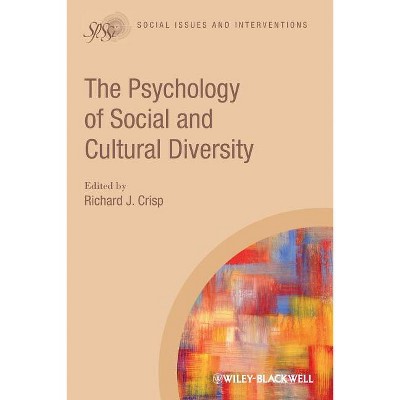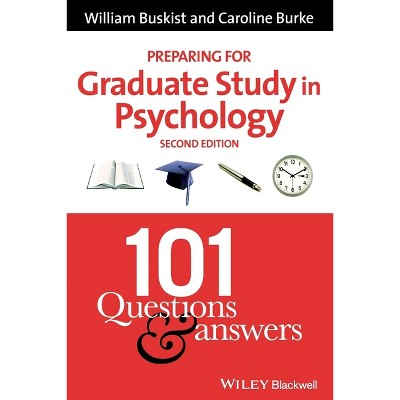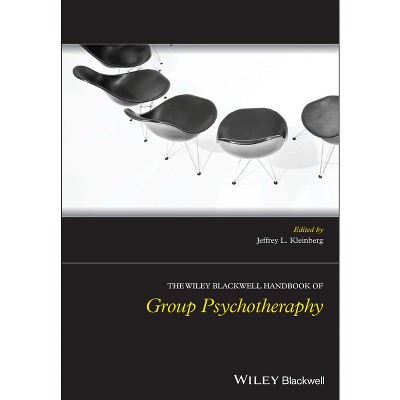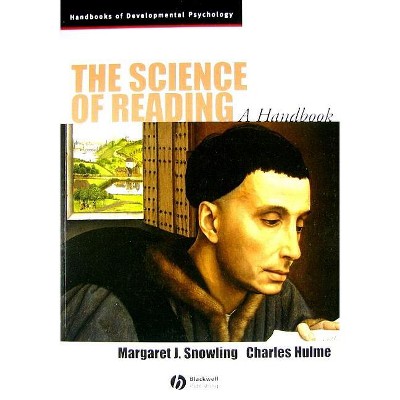Understanding Biological Psychology - (Basic Psychology) by Philip Corr (Paperback)

About this item
Highlights
- Understanding Biological Psychology is an accessible and distinctive new core textbook that helps students to appreciate the central role that biological processes play in psychology.
- About the Author: Philip J. Corr is Professor of Psychology at the University of Wales, Swansea.
- 712 Pages
- Psychology, Neuropsychology
- Series Name: Basic Psychology
Description
Book Synopsis
Understanding Biological Psychology is an accessible and distinctive new core textbook that helps students to appreciate the central role that biological processes play in psychology.
- gives conceptual clarity to a complex and often confusing field;
- innovative integration of theory and methods;
- covers a core area of the undergraduate syllabus;
- accessible, student-friendly text;
- synthesizes biological processes with mainstream psychological topics to make the subject both interesting and accessible;
- focuses on what biological psychology is for, rather than treating it as an end in itself;
- provides basic introductions to biological principles and applications;
- covers recent advances, such as neuroimaging and molecular genetics.
Upon publication, the textbook will be supported by an accompanying website containing a multiple choice testbank, weblinks, electronic versions of figures, and other additional resources. Visit www.blackwellpublishing.com/corr for more information.
From the Back Cover
Understanding Biological Psychology is an accessible and distinctive new core textbook, designed to help students to appreciate the central role that biological processes play in psychology. Its innovative syntheses of theory with methods, and biological processes with mainstream psychological topics, give conceptual clarity to a complex and often confusing field.The text is divided into three main parts. The first section on "Foundations" presents the conceptual and scientific bases of biological processes in psychology, including evolution and genetics, brain structures and functions, neurons and neurotransmission, sensory and motor systems, hormones, and learning and plasticity. The second section on "Approaches" introduces the main research tools in biological psychology (and more broadly "behavioral and cognitive neuroscience"), such as psychogenetics, psychopharmacology, psychophysiology, and neuroimaging. The final section on "Applications" surveys the relevance of biological psychology to a selection of important research areas, including anxiety, depression, schizophrenia, emotion and personality, and cognition and consciousness.
Throughout the text, students are encouraged to adopt a critical approach to the subject, learning the importance of asking the right scientific questions.
An accompanying website for students and lecturers is available at www.blackwellpublishing.com/corr. It includes 300 password-protected, multiple-choice test questions, web resources, and a "Science in Mind" tutorial designed to stimulate critical discussion.
Review Quotes
"Understanding Biological Psychology is really biology for psychology rather than a watered-down biology text. Its great strength is bridge building across the many areas of psychology. As a geneticist, I especially appreciated the way the book integrates the latest genetic advances, something seldom seen in biological psychology textbooks" Robert Plomin, Institute of Psychiatry, London.
"Here is a textbook writer who encourages students to reflect on wider implications of research findings." The Psychologist
"Gives conceptual clarity to a complex field in covering a core area of the undergraduate syllabus, focussing on end uses of biological psychology rather than treating it as an end in itself."
Times Higher Education Supplement
About the Author
Philip J. Corr is Professor of Psychology at the University of Wales, Swansea.
